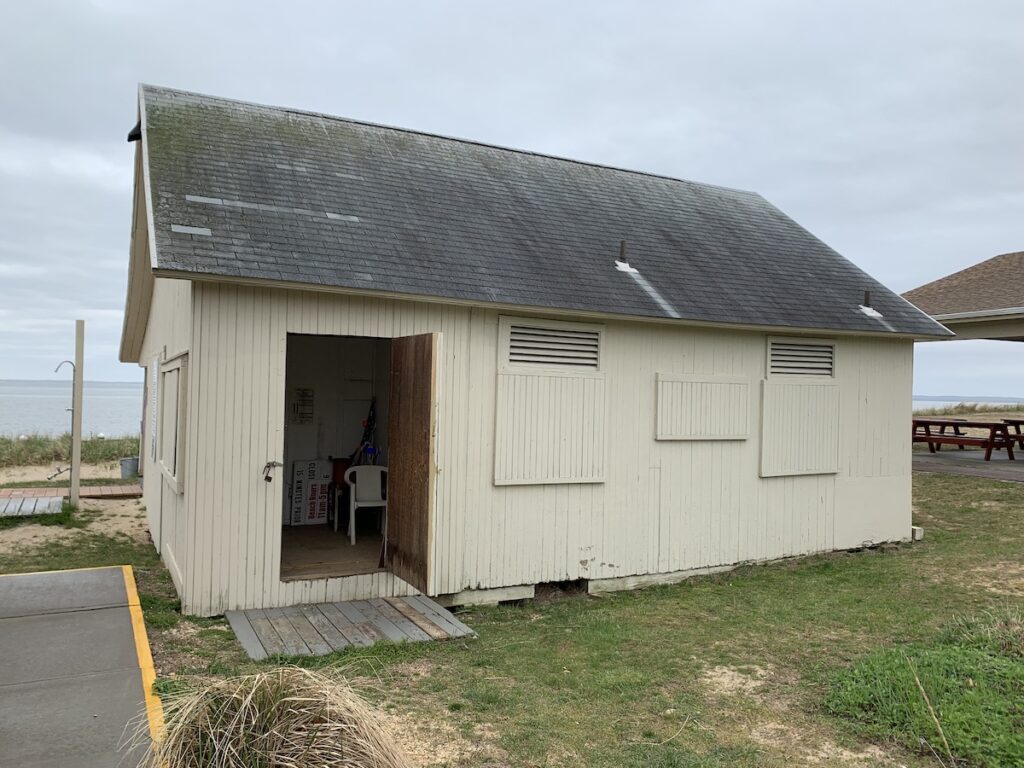Doctors just didn’t know what ailed Mattituck kid

As a toddler, Zach Ludlow was misdiagnosed with everything from Tourette syndrome to cerebral palsy.
And when Zach began injuring himself as a little boy, his father, Tom, thought it was accidental or behavioral but never connected it with his son’s illness.
As his behavioral problems worsened and Mattituck schoolteachers were at a loss to deal with his difficulties, Zach’s father and stepmother, Melissa de la Puente, took him to five psychologists, none of whom had a solution. They suggested punishing negative behaviors and rewarding good ones. But those efforts made Zach’s symptoms worse.
A teacher even suggested tying down Zach’s hands so he couldn’t hit others or hurt himself.
“You can’t possibly tell me that’s the answer,” Mr. Ludlow responded at the time. In hindsight, that was, at least in part, the answer. But it took a camp counselor working with Zach, then 16, to come up with the key to what was troubling the youth.
The counselor had previously worked with a child who displayed similar behavioral characteristics resulting from a rare, often genetic, illness called Lesch-Nyhan disease.
Sure enough, blood tests revealed that Zach does suffer from Lesch-Nyhan, a disorder characterized by spastic motions, an inability to control muscles and an irresistible urge to strike out at others and hurt oneself. It’s caused by a defective gene on the X chromosome and can cause renal disease, speech impairment and cognitive problems. Only one in about 380,000 children is born with Lesch-Nyhan, which usually presents by the time a child is about 4. As with Zach, it is often misdiagnosed.
Today, Zach is 20 and a residential student at the Matheny Institute for Research in Developmental Disabilities in Peapack, N.J., about 130 miles from Mattituck. There, with medication and proper treatment, he is flourishing.
That wasn’t the case in Mattituck or even at Eastern Suffolk BOCES in Westhampton, where, lacking a correct diagnosis, no one was properly able to cope with Zach’s needs, Mr. Ludlow said.
“It was beyond frustrating,” he said of those early days.
But the family is very grateful to the Mattituck School District, which recognizes Zach’s needs and pays for his treatment at Matheny, his father said. Next year, Zach will turn 21 and school district support will cease, but he’ll be eligible for Medicaid and will continue living at the institute, which is privately and well funded, Mr. Ludlow said.
This Saturday, April 30, the Ludlows will hold a yard sale to raise money for the Lesch-Nyhan Children’s Research Foundation. Friends and neighbors have been contributing items for the sale, which begins at 7 a.m. at the family’s home at 105 Old Jule Lane in Mattituck and will continue until everything is sold.
Zach bears the scars of injuries he inflicted on himself; he’s had more than his share of black eyes, broke a hand by putting it into the spokes of his wheelchair and cut his lips with scissors. From the time he was about 5 until he was about 16, the symptoms progressed, but they have now leveled off, Mr. Ludlow said.
While the Lesch-Nyhan diagnosis was devastating because there isn’t yet a known cure, the fact that Zach is getting proper treatment at one of the few facilities in the world with staff who understand the disease is a relief, Mr. Ludlow said.
“It was a major turning point when we knew the cause of Zach’s behavior,” Mr. Ludlow said, adding that he receives help from his mother, Jean Ludlow of Jamesport, and Ms. de la Puente in caring for Zach.
Zach’s mother lives in North Carolina and visits her son as often as possible but agreed to let Mr. Ludlow become the custodial parent when the couple divorced several years ago, he said.
Mr. Ludlow and Ms. de la Puente see their son as a very loving, caring and thoughtful young man. Two years ago, Zach grew his hair so he could donate it to Locks of Love, which provides real hair wigs for cancer patients. It was something he wanted very much to do, Ms. de la Puente said.
The “mechanics” of dealing with Zach, who uses a wheelchair and often has to be restrained to keep from hurting himself or others, aren’t easy, Mr. Ludlow said. Treatment does involve using restraints at times to keep Zach safe. But the youth welcomes the restraints when he’s stressed and realizes that he’s going to lash out or hurt himself, his father said.
And instead of punishing negative behaviors, those familiar with the disease understand that they need to ignore the involuntary acts, while applauding the positives.
Zach will ask for restraints when he’s home — he’s allowed 52 days a year away from Matheny — and will remind his parents of the steps they need to take to protect him.
He’s open to talking with people about his illness and is excited about going to Johns Hopkins University in Baltimore in June to participate in a study of Lesch-Nyhan funded by the National Institute of Child Health and Human Development.








